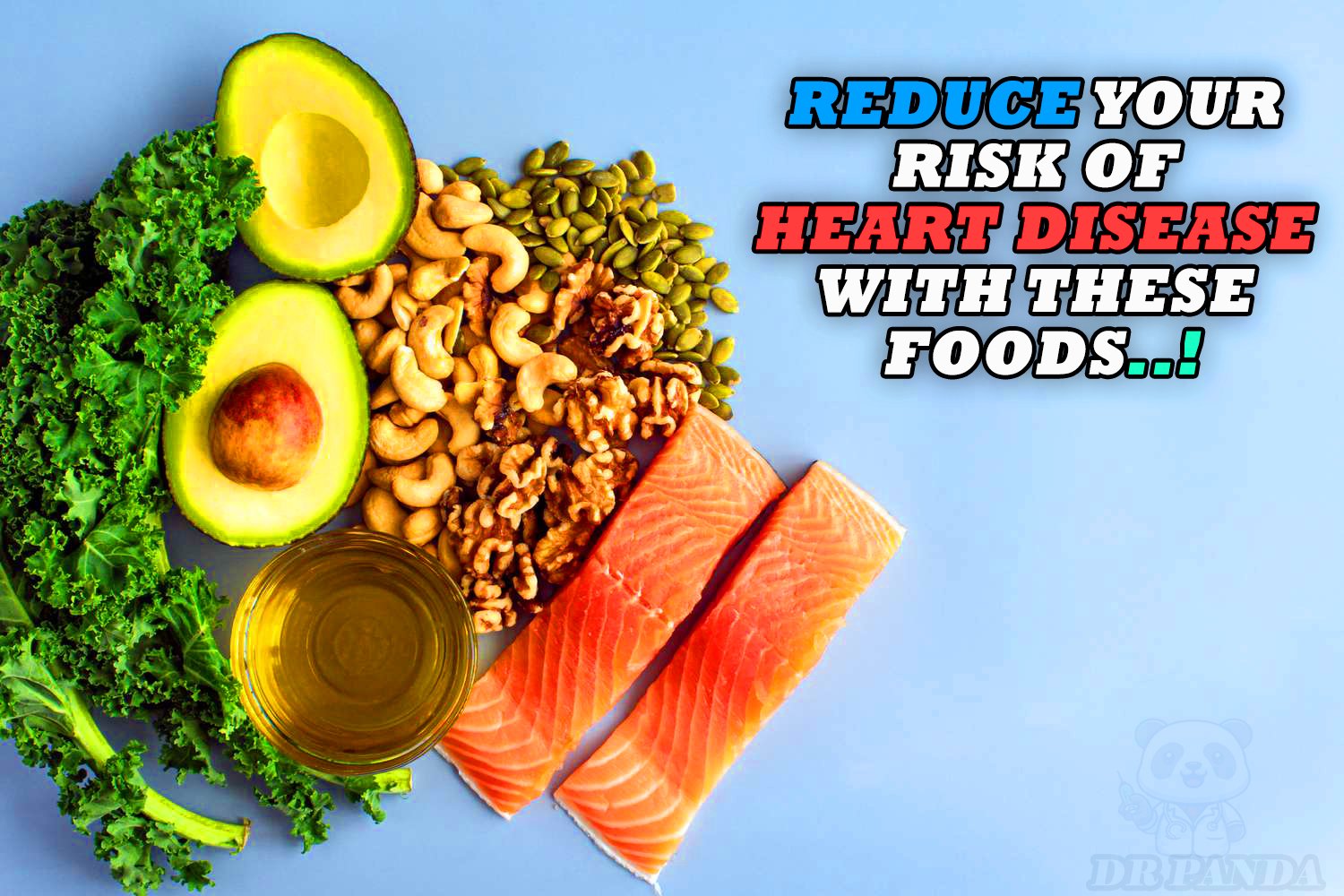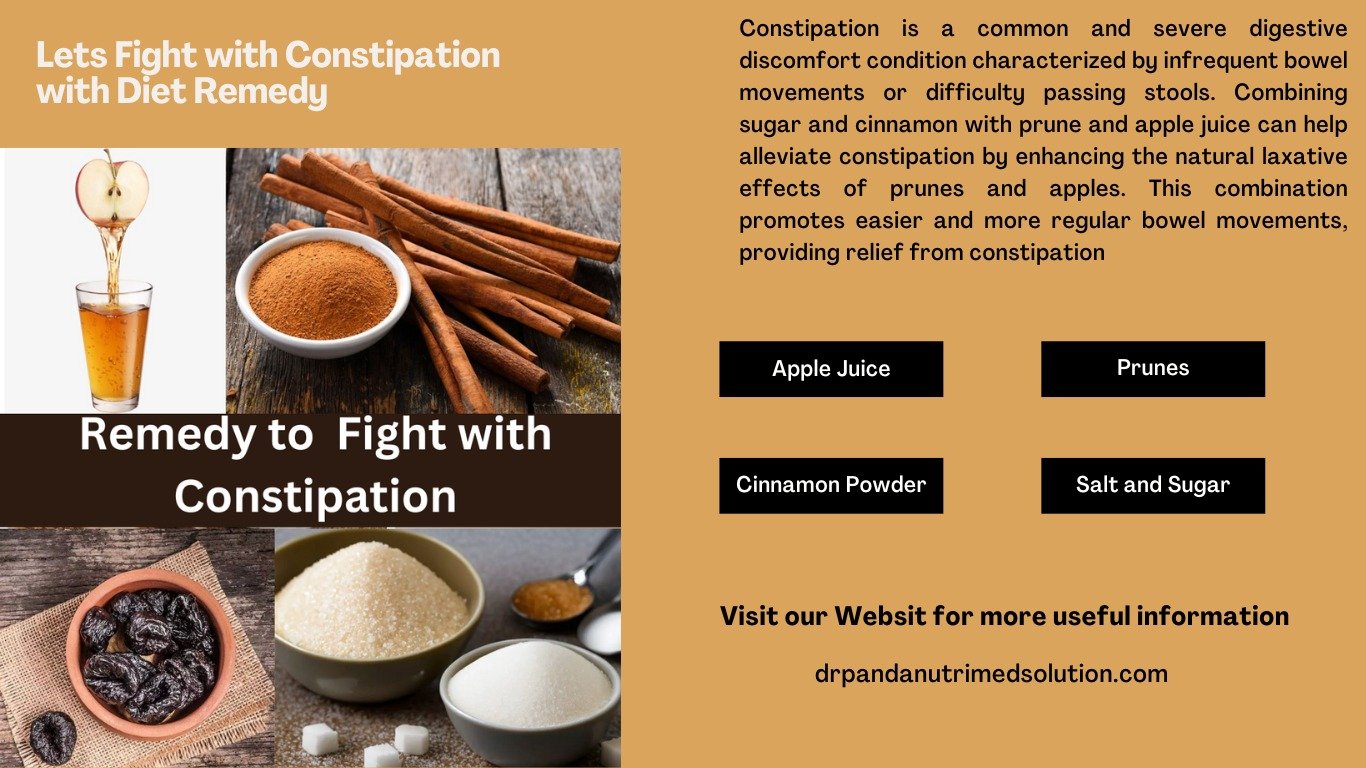Introduction:
A heart attack, or myocardial infarction (MI), occurs when the flow of oxygenated blood to a portion of the heart muscle is suddenly reduced, often due to the formation of blood clots in the blood vessels. This condition can lead to sudden death. Human nutritionists and dietitians provide dietary plans to help control the risk of heart attacks.
Diet to Control and Treat Heart Attack
- Vegetables
- Fruits
- Healthy proteins
- Whole grains
- Limit intake of alcohol
- Limit intake of sugars and sweets

1. Vegetables
A variety of vegetables can help control the risk of heart attack in humans. Vegetables are rich in essential nutrients, fibers, antioxidants, and phytochemicals that lower blood pressure and reduce the risk of heart attacks. Key vegetables include:
- Spinach
Spinach is high in vitamins, nutrients, minerals, and antioxidants that promote heart health. It is particularly high in potassium, which helps regulate blood pressure and improve arterial function. - Carrots
Carrots are rich in beta-carotene, an antioxidant that can help reduce the risk of heart disease by lowering cholesterol levels and improving overall heart health. - Beets
Beets are high in nitrates, which can help lower blood pressure and improve blood vessel function. They are also rich in antioxidants and vitamins (like folate and vitamin C), which support heart health. - Tomatoes
Tomatoes are rich in lycopene, a powerful antioxidant that may help reduce the risk of heart disease by lowering levels of LDL cholesterol and reducing inflammation. Cooked tomatoes (like in sauces or soups) may provide even more lycopene.
2. Fruits
Including a variety of fruits in our diet can help control and decrease the risk of heart attack due to their minerals, vitamins, fibers, and antioxidants. Key fruits include:
- Pomegranates
Pomegranates are rich in antioxidants, particularly polyphenols and anthocyanins, which can help protect against heart disease by reducing inflammation and improving cholesterol levels. - Grapes
Grapes, especially red and purple varieties, contain antioxidants like resveratrol, which have been associated with heart-protective effects such as reducing inflammation and improving circulation. - Kiwi
Kiwi is a nutrient-dense fruit high in vitamin C, potassium, and fiber. It has been shown to lower blood pressure, reduce blood clotting, and improve cholesterol levels. - Cherries
Cherries are rich in antioxidants and anti-inflammatory compounds, such as anthocyanins and quercetin, which may help lower blood pressure, reduce inflammation, and protect against heart disease.
3. Healthy Proteins
- Fatty Fish
Salmon, trout, mackerel, and sardines are rich in omega-3 fatty acids, which have been shown to reduce inflammation, lower triglyceride levels, and decrease the risk of heart disease. - Legumes
Beans (black beans, kidney beans, chickpeas) and lentils are high in protein, fiber, and various nutrients. They are also low in fat and can help lower cholesterol levels when included in a balanced diet. - Nuts and Seeds
Almonds, walnuts, chia seeds, and flaxseeds are good sources of plant-based protein, healthy fats (like omega-3s), and fiber. They can help lower cholesterol levels and reduce inflammation. - Eggs
Eggs are a good source of high-quality protein and can be part of a heart-healthy diet for most people, especially when prepared without added saturated and trans fats.
4. Whole Grains
- Whole Wheat
Whole wheat products such as bread, pasta, or couscous provide fiber, vitamins, and minerals. They can help lower cholesterol and reduce the risk of heart disease when consumed as part of a balanced diet. - Brown Rice
Brown rice is a whole grain that retains its bran and germ layers, providing fiber, B vitamins, and minerals such as magnesium and selenium. These nutrients support heart health by reducing cholesterol levels and inflammation. - Quinoa
Quinoa is a complete protein and contains heart-healthy monounsaturated fats, fiber, and antioxidants like quercetin and kaempferol. It is also a good source of magnesium, potassium, and folate, which are beneficial for heart function. - Oats
Oats are high in soluble fiber, particularly beta-glucan, which can help lower cholesterol levels and improve heart health. They also provide important nutrients like magnesium and potassium.
5. Limit the Intake of Alcohol
Limiting the intake of alcohol is recommended to decrease the risk of heart attacks. Excessive consumption of alcohol can contribute to various cardiovascular problems, including high blood pressure, cardiomyopathy, and an increased risk of heart attacks. It is effective to consume alcohol in moderation, typically up to one drink per day for women and up to two drinks per day for men, based on individual health conditions. Always consult a healthcare nutritionist and dietitian for advice on alcohol consumption and heart health.
6. Limit the Intake of Sweets and Sugars
Limiting the intake of sweets and sugars can contribute to better heart health and help reduce the risk of conditions like heart attacks. Managing sugar intake can be beneficial for:
- Lowering blood pressure
- Reducing obesity
- Improving cholesterol levels
- Managing blood sugar levels
What we should do for Sudden Heart Attack ?
For sudden occurrences of heart attacks, if you’re trained in CPR and confident in your ability, start with 30 chest compressions before giving two rescue breaths. Use an automated external defibrillator (AED) if one is available and the person is unconscious. The device delivers shocks to reset the heart rhythm. For controlling the occurrence of heart attacks, it is important to eat more wholegrain bread, rice, pasta, fruits, vegetables, and fish, and less meat. Replace butter and cheese with products based on vegetable and plant oil, such as olive oil.



